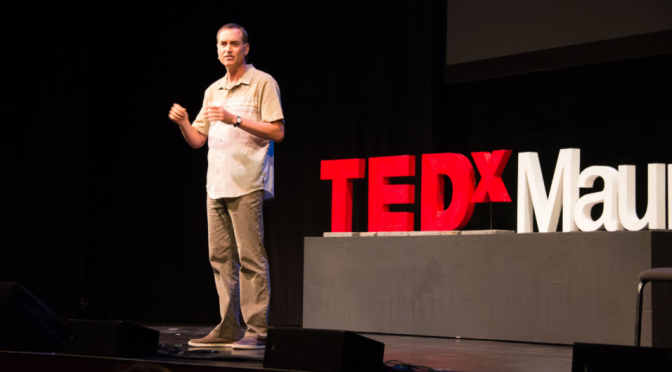
As we discussed today, a smart credibility assessment doesn’t just look at one source of information. It’s often worth it to dig a little deeper.
Here’s the website of BJ Fogg (bjfogg.com), co-author of the article we read for today. This is a good place to learn more about Fogg and his research… but a full credibility assessment would go even further.
If you are interested in psychology, I recommend watching the video.
Thanks everyone for a great trip to the San Francisco Bicycle Coalition. It was great to meet Executive Director Brian Wiedenmeier and Membership Assistant Kelsey Roeder (you can read their bios on the sfbike.org.
For Thursday, here are your 4 tasks:
- Your first talk in front of the class is coming up next week. It’s time to think about some of the things we said we value in public speakers: confidence, eye contact, body language, volume & variety of voice — all the things that count as delivery. To continue our conversation about this, watch this video of author and speaker Malcolm Gladwell (I also invite you to look at some of his pubic lectures or TED talks and read some of his published writing). So, Task 1: watch.
- B.J. Fogg is an instructor at Stanford and a persuasion guru. As a graduate student, he researched the idea of credibility in computing design. Read this short research article co-written by Tseng and Fogg, “Credibility and Computing Technology” (library login required). Alert! This is an article written for an audience of specialists, so parts of it may be hard to follow. Our focus will be on the concept of credibility (not on their methodology or on computing technology). Come to class ready to talk about their ideas about credibility. Task 2: read.
- Spend 15-30 minutes on the website of the San Francisco Bicycle Coalition. Look around in the tabs at the top of the page: News, Events, Resources, Our Work, About… As you poke around, think about Horner’s ideas of credibility as well as Tseng and Fogg’s ideas. Task 3: surf.
- Write a comment (use the comment function, below), making a connection between at least 2 of the 3 tasks (above). For example, how does Gladwell’s position relate to Tseng and Fogg? Or, how do Tseng and Fogg’s ideas apply to the SFBC site? Your comment can be informal, can include questions, criticisms, examples, etc., and should be about 50 words or so. Task 4: write.
Change the world from here

